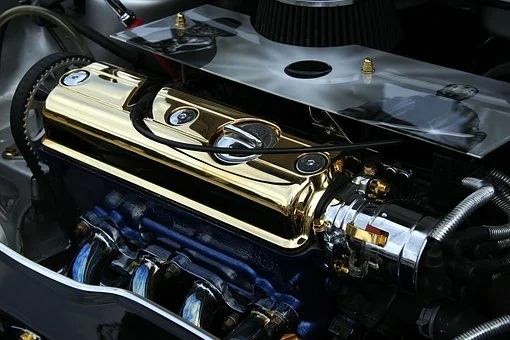Engines today are amazing machines. Dozens of parts work together to deliver power to the wheels. They also help you when you are steering, manage the suspension, and monitor the pressure in the tires, among many other important tasks. And when you push the brake pedal, they also tell the brake system what you have just done.
How Does Engine Braking Work?
It works by restricting air flow when you release the accelerator pedal. This causes a high manifold vacuum that forces the cylinders to work against it. As a result, energy is sapped from the engine, and, as a driver, you get a sudden sense of deceleration as power drops.
Are There Any Benefits to Engine Braking?
Yes, there are several, such as:
-
There’s Less Wear on Your Brakes
With engine braking, you are able to slow the speed of the vehicle without using the brakes. This passive decrease in speed allows you to maintain control of your car. By controlling the decrease in speed, you only need to apply the brakes for much shorter periods and at much lower speeds. This way, brakes suffer from much less wear and tear, and they last much longer.
-
It’s Beneficial for the Engine
Engine braking is not harmful to the engine at all. On the contrary, it’s beneficial because the vehicle was designed to be driven that way. The engine responds better to a gradual shift down or up, and it’s also more fuel-efficient since it shuts off fuel consumption. Once again, the result is that the brakes will last much longer.
-
It’s Safer
If you are driving along a very steep, lengthy slope, actively using engine braking (changing down to a lower gear) will work well for you. This also works when traffic is slowing down ahead of you. If you start slowing down with plenty of time to stop, it will also give those cars around you more time to react to this situation. If you’re driving with high gear at low speeds, you increase your chances of stalling. And if you suddenly put on the brakes after driving at high speeds, it is much more likely that the driver behind you will slam into you.
How Can You Impact the Cars Around You by Engine Braking?
Not only is engine braking noisy and has been banned in many cities, counties, and states because of that, but if you’re driving fast and engage in engine braking, this technique may cause your wheels to skid, particularly on slippery roads as a result of too much deceleration. Your vehicle may not regain traction until the wheels are allowed to turn more quickly. This may cause you to slam into cars around you.
Have You Been Hurt in a Car Accident Because of Engine Braking?
If you have suffered property loss or have been hurt in a car accident because of a situation related to engine braking, you may be facing a mountain of repairs and medical bills, among other costs. Or maybe you’re being sued because of engine braking. The aggressive and knowledgeable attorneys at 1-800-Injured will guide you through this complicated process and help you recover damages for what you have lost. 1-800-Injured is an attorney and medical referral service. Get in touch with them today and get started.







